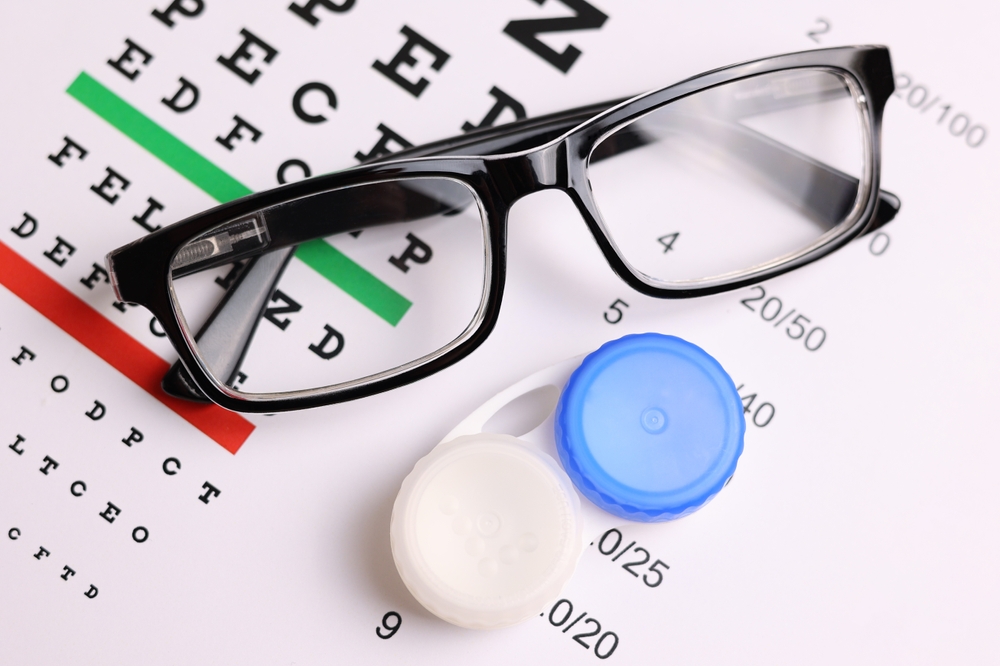
Living with vision loss can be challenging, especially when it can’t be corrected with standard glasses, contact lenses, or surgery. Low vision affects millions of people and can significantly impact daily activities like reading, driving, or recognizing faces. At Chroma Optics, our Burlington optometrist provides compassionate care and advanced solutions through low vision evaluations, helping patients maximize their remaining vision and maintain independence.
What Is Low Vision?
Low vision refers to a significant visual impairment that cannot be fully improved with traditional corrective lenses or medical treatment. It’s not complete blindness - people with low vision still have some sight, which can often be enhanced with specialized aids and techniques. The degree of vision loss varies but may include blurry central or peripheral vision, poor night vision, or reduced contrast sensitivity.
Common Causes of Low Vision
Several eye conditions and diseases can lead to low vision, including:
•Age-related macular degeneration (AMD) - A leading cause of central vision loss in older adults.
•Glaucoma - Damages the optic nerve, often leading to peripheral vision loss.
•Diabetic retinopathy - A complication of diabetes that affects the retina.
•Retinitis pigmentosa - A genetic condition that gradually reduces peripheral vision.
•Cataracts - Clouding of the eye’s natural lens that can limit clarity even after surgery in some cases.
What to Expect During a Low Vision Evaluation
A low vision evaluation in Burlington, VT, with Dr. Dora Sudarsky involves more than a standard eye exam. It focuses on understanding your daily visual challenges and determining how to improve your quality of life. She takes the time to assess:
•Your current vision level and visual field
•The specific tasks or environments that cause difficulty
•Tools and strategies to help you adapt
These evaluations may include testing various magnifiers, telescopic lenses, filters, or electronic devices designed to enhance usable vision.
Low Vision Treatment Options in Burlington
While low vision can’t always be cured, many options can help patients make the most of their sight. Low vision treatment in Burlington may include:
•Customized optical aids such as magnifying lenses or telescopes
•Adaptive lighting and contrast enhancements for improved visibility
•Electronic devices and screen readers for reading and daily activities
•Training and vision rehabilitation to develop new visual habits
With a personalized plan, Dr. Sudarsky works closely with each patient to ensure the best outcomes for everyday living.
Learn How Chroma Optics Can Help Improve Your Vision
Adjusting to low vision takes time, but with the right tools and support, many individuals continue to live active, independent lives. Education, counseling, and specialized devices can all make a significant difference.
Learn how our Burlington optometrist can help you regain visual confidence through customized low vision solutions. Contact Chroma Optics by calling (802) 497-1676 to book an appointment today.








